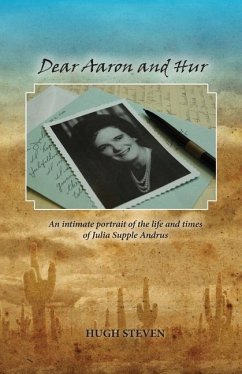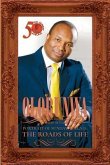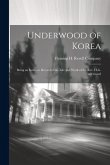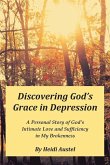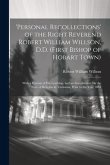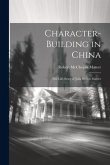In 1942, twenty-three-year-old Julia Supple turned down a proposal of marriage and opted instead to do pioneer linguistic work among the pre-literate Tojolabal (toe-hoe-la-ball) people in the State of Chiapas in southern Mexico.In the forties and fifties, travel in remote parts of Chiapas was uncertain and hazardous. It often required long hours on horseback or sharing space on a second-class bus with chickens and squealing pigs. From the beginning of her association with Wycliffe Bible Translators, Julia understood the need for a mutually beneficial participation of friends who would support, pray and encourage her.Thus began a unique correspondence that usually began with "Dear Aaron and Hur." Julia chose these two faithful men who supported Moses during a strategic Old Testament battle (Exodus 17:12) as a significant metaphor for the success of her own work.Julia Supple embraced the notion that joy, laughter and good humor should mark one's spiritual life. From her diary she once wrote, "It can be most wearing to become wholly occupied with the terrible world-shaking events. This is why God gave us little enjoyments, like the smile of a baby, the delicacy of a violet and sun shining through a jar of plum jam." Throughout the many permutations of her life, Julia Supple reminded her friends, "No life is more satisfying than what God has given me to do," and was often heard to say, "I am not afraid of tomorrow for I have seen yesterday, and I love today."

